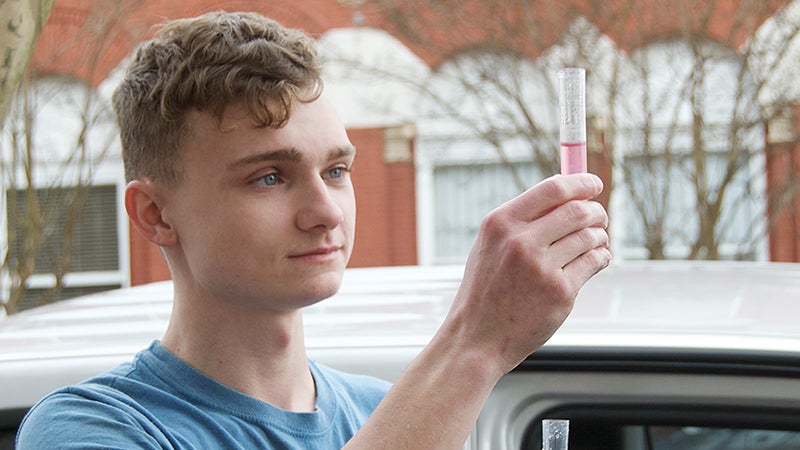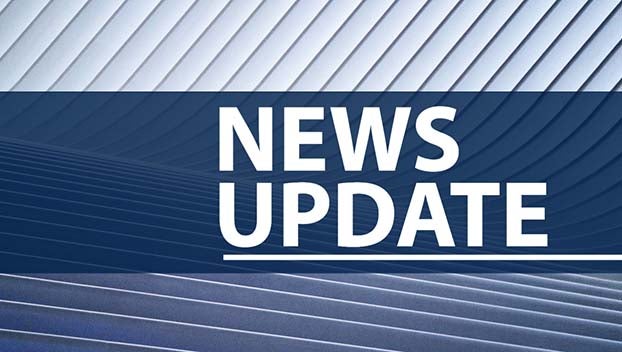Day 7: Keep boiling water in Brookhaven; Some of Monday’s samples show coliform bacteria
Published 9:00 am Wednesday, January 18, 2017

- Photo by Donna Campbell/Zech Brown with Mitchell Technical Services, the contractor for the Brookhaven Water Treatment Plant, collected samples in January 2017 from 24 areas in the city.
Water samples taken at 24 sites around Brookhaven Monday show no traces of E. coli, however two came back with the presence of coliform bacteria, officials said.
Still, if samples taken again Tuesday are clear, the boil-water advisory that’s been in effect for all of Brookhaven may be lifted by this afternoon, said Ralph Augimeri with Mitchell Technical Services, which is contracted to operate the Brookhaven Wastewater Treatment Plant.
Samples are sent to the state Department of Health in Jackson and usually results are available within 24 hours, which would be around 2 p.m. today. “If it comes back tomorrow clear,” he said Tuesday, “it should be lifted.”
Until then, the state recommends water be boiled at least one minute before it is consumed.
The state Department of Health issued the advisory Thursday for some 12,500 Brookhaven customers after samples taken the day before showed the presence of E. coli and total coliform bacteria.
Liz Sharlot, director of communications for the state Department of Health, said as soon as the sample tests show there is no presence of E. coli or coliform bacteria, the advisory will be removed.
Customers can go to healthyms.com and search under “boil-water notices” for the latest status for Brookhaven, she said.
E. coli and total coliform bacteria in the water samples indicate that the water may be contaminated with human or animal wastes. Microbes in these wastes can cause short-term effects such as diarrhea, cramps, nausea, headaches or other symptoms. They may pose a special health risk for infants, young children and people with severely compromised immune systems.
According to the Centers for Disease Control, most coliform bacteria are a normal part of the environment.
“They do not cause disease but do indicate the water might be contaminated by soil or feces. Some rare types of coliforms, such as E. coli can cause serious illness,” the CDC website said. “Although most E. coli outbreaks are from eating raw or undercooked food, cases from contaminated drinking water can occur, but are rare.”
The presence of these bacteria in water generally results from a problem with the treatment process or pipes which distribute the water.
The Brookhaven School District and King’s Daughters Medical Center are using bottled water while the city is under the advisory.
Restaurants in the area are buying ice, bottled sodas and bottled water.





